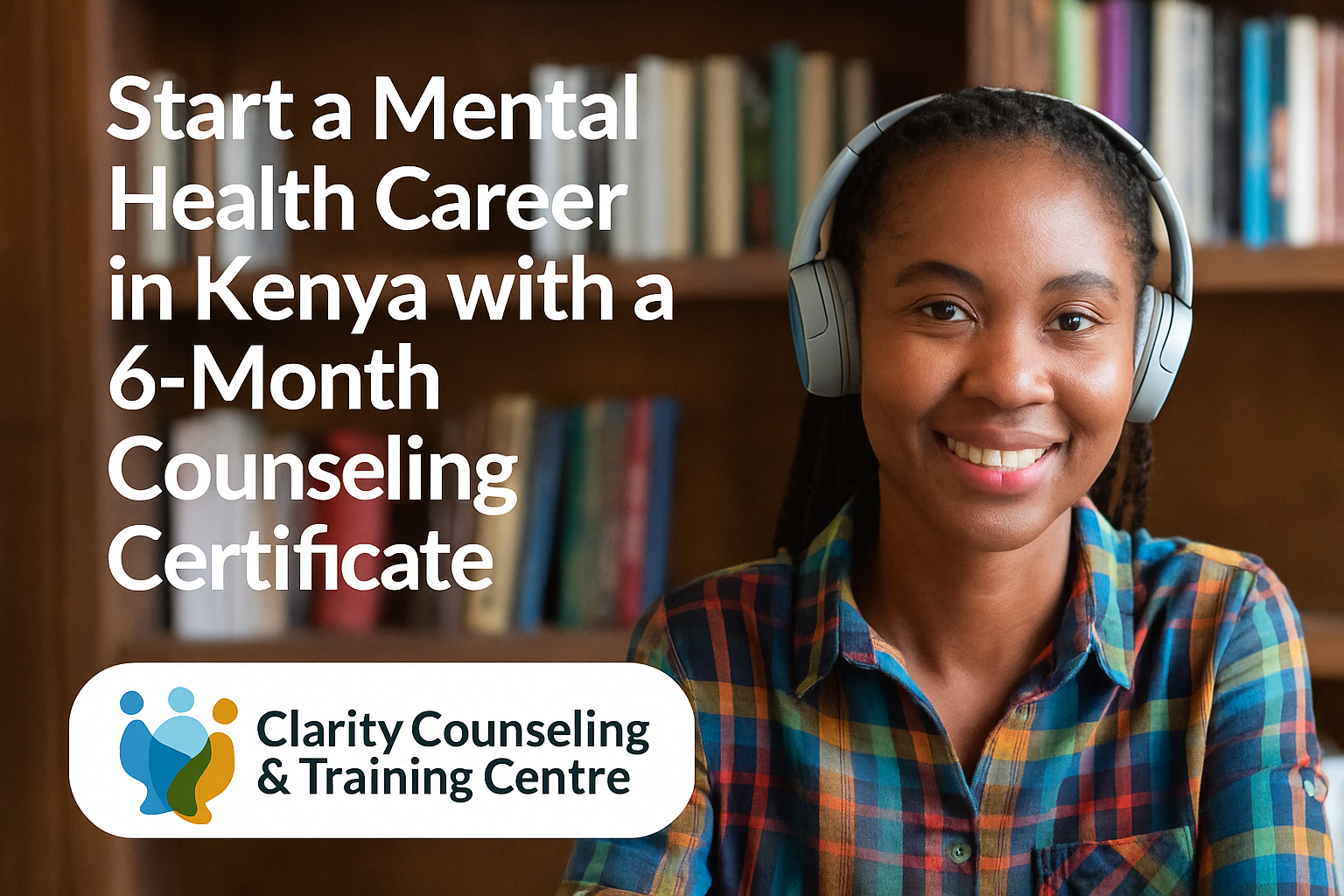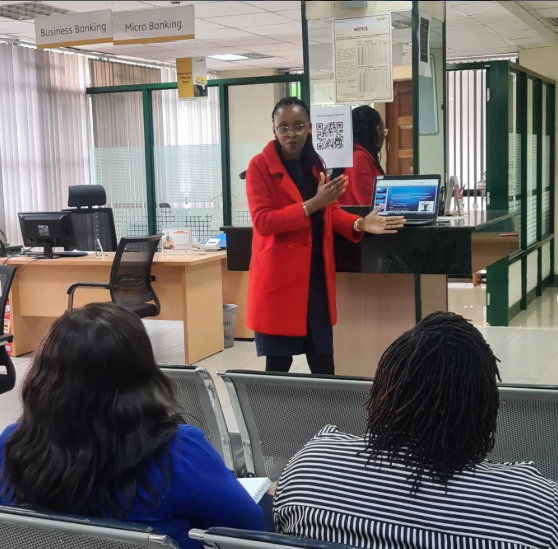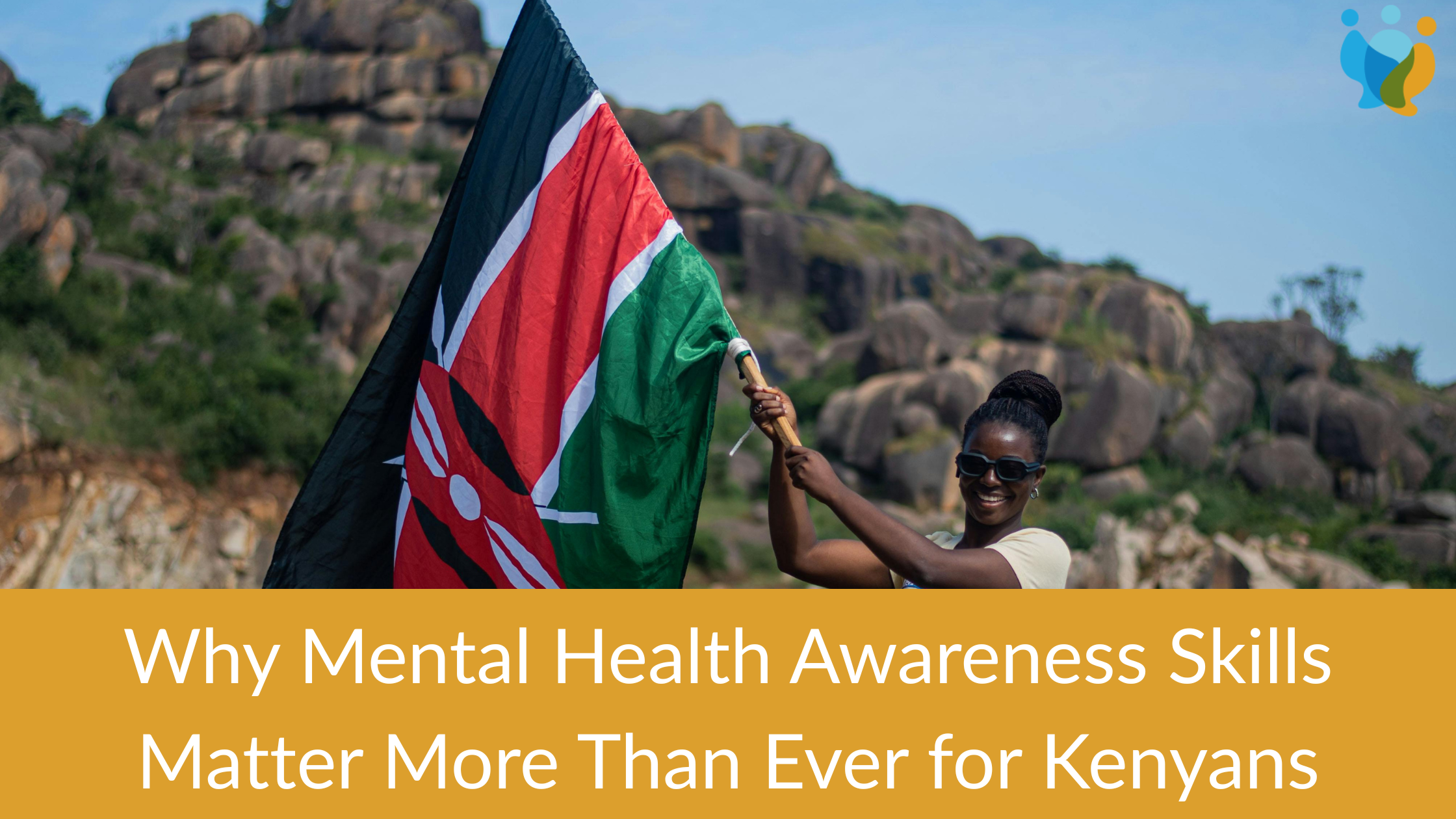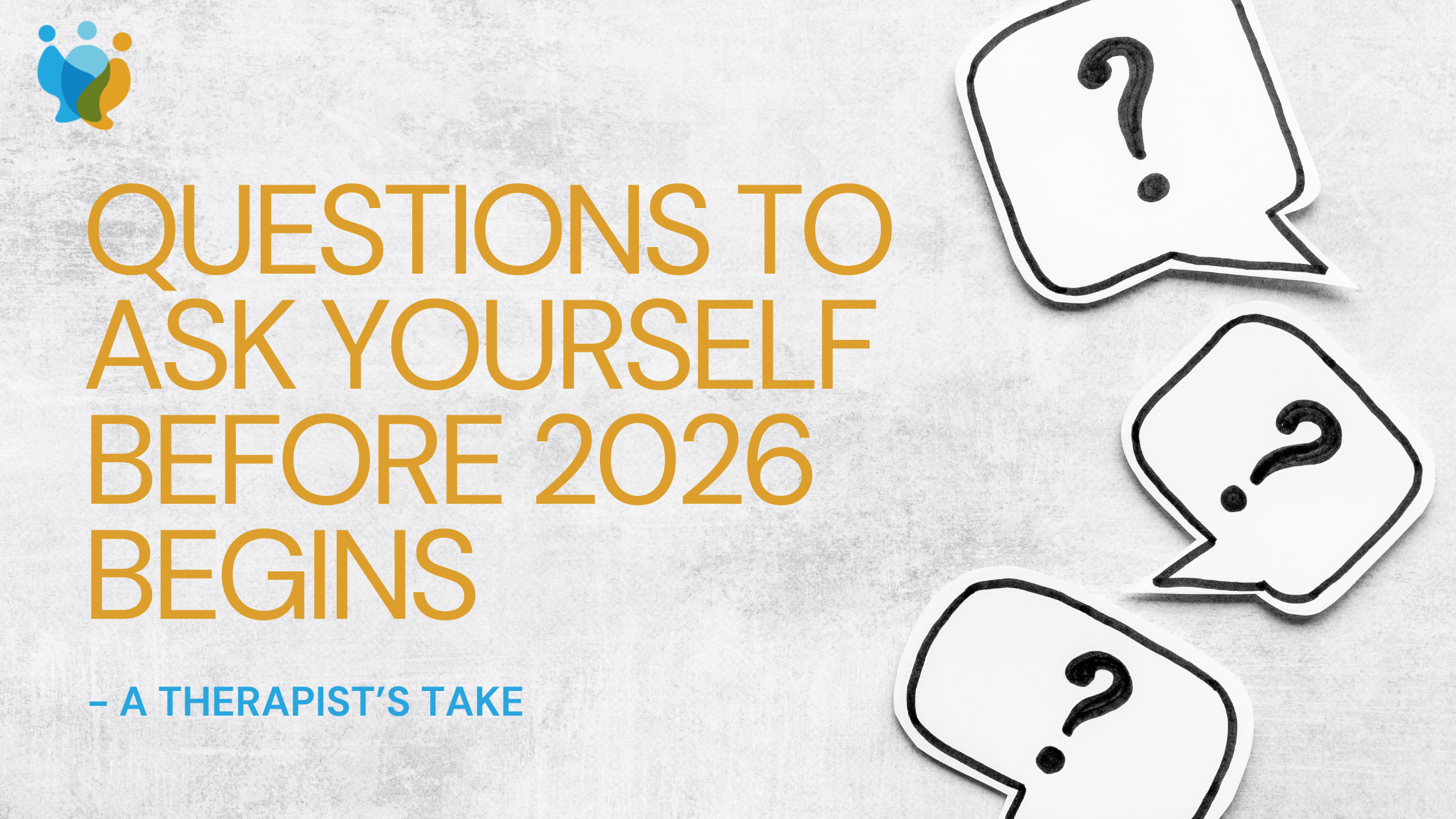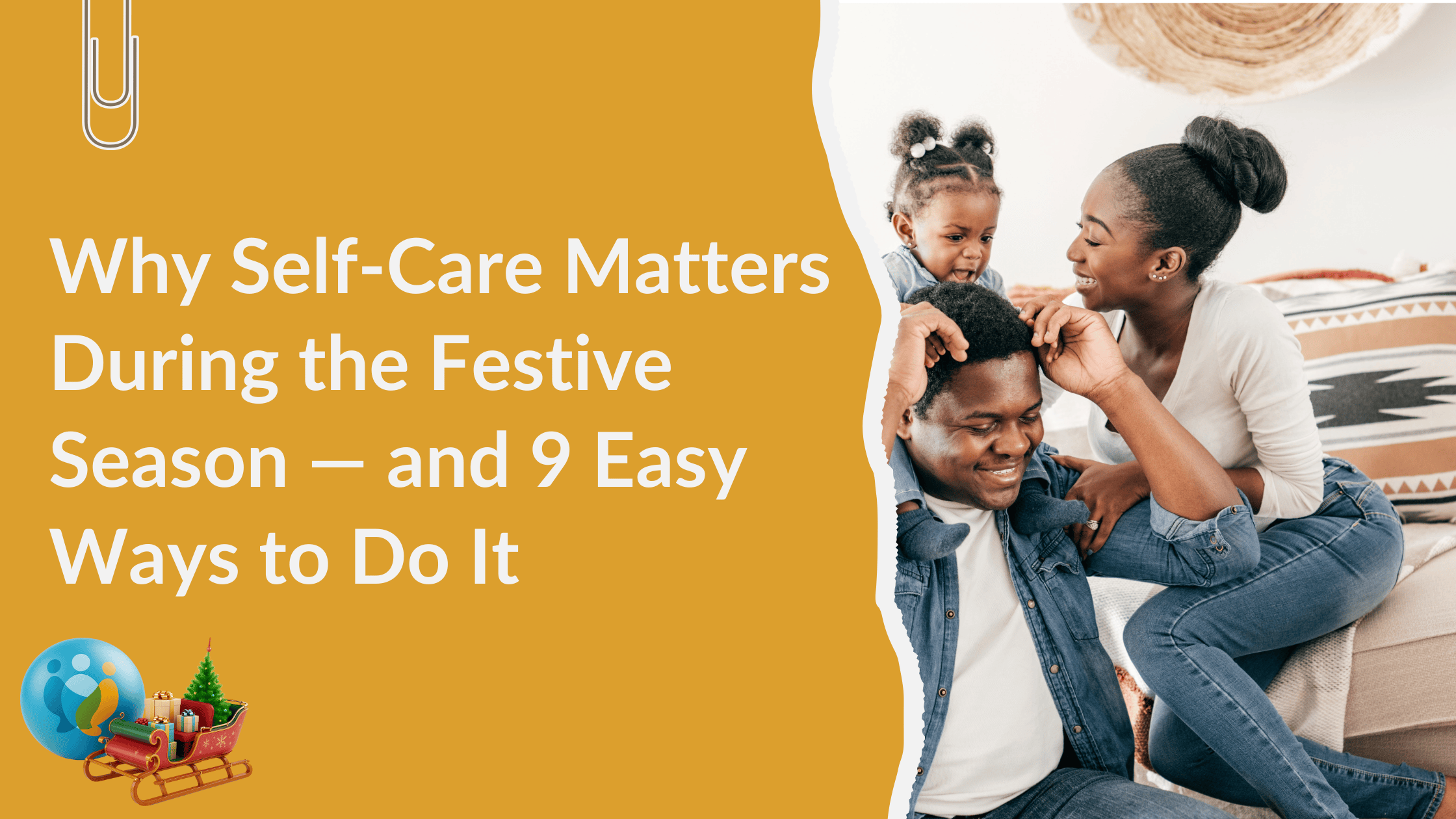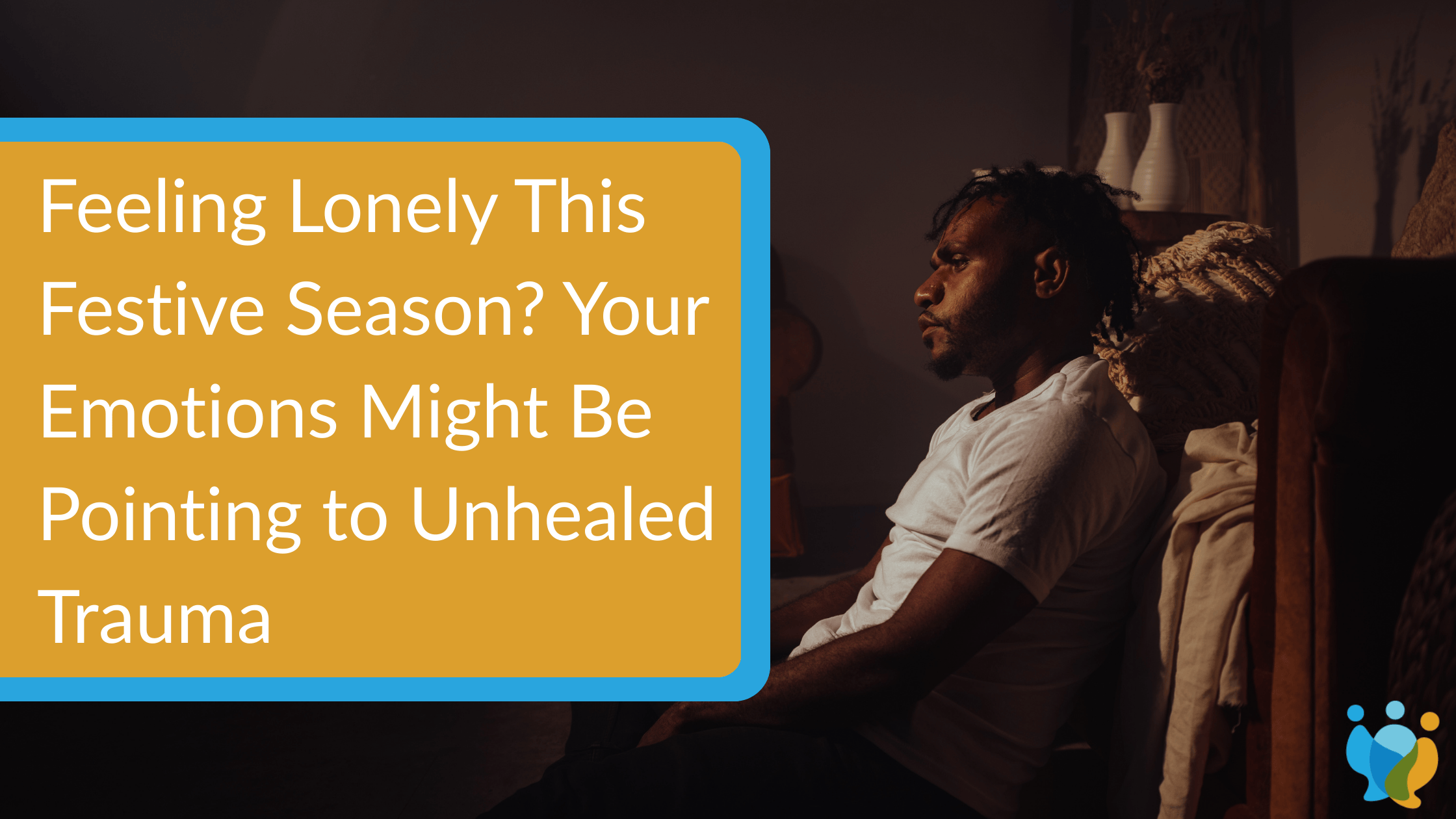5 Clear Signs You’re Ready for Childhood Trauma Therapy in Kenya
It often starts quietly.
Maybe you’re sitting in traffic on Thika Road, or washing dishes after dinner, when a thought catches you off guard: I can’t keep living like this.
There’s no big breakdown, no dramatic moment, just a quiet realization that you’re tired. Tired of pretending, tired of “being fine,” tired of carrying stories you’ve never had space to tell.
In Kenya, we wear endurance like a badge of honor. We say “ni sawa,” even when it’s not. We survive, but rarely stop to ask: Am I actually healing?
If you’ve been wondering whether it’s time to start childhood trauma therapy, it might not show up as confidence or readiness. Sometimes, it shows up as exhaustion. As questions. As a whisper that says, There has to be another way.
Here are five signs that whisper might be right.
1. Your Coping Mechanisms Have Started to Feel Like Cages
You’ve probably heard people say, “I’m just used to handling things on my own.” It sounds admirable, right? But sometimes, that “handling” becomes hiding.
Maybe you’ve always been the strong one — the one who never asks for help, never breaks down, never lets anyone see them sweat. It’s how you’ve survived. But lately, the strength feels less like power and more like pressure. You lie awake at night, thinking about how you’re always “fine,” yet your body tells a different story: tight shoulders, shallow breathing, a jaw that never unclenches.
That’s what unhealed trauma does. It turns survival skills into prisons. You start realizing that what once protected you is now trapping you.
In Kenya, we’re taught to “vumilia,” to endure quietly. Asking for help can feel shameful, almost indulgent. But endurance is not the same as healing. According to a 2024 Kenya Mental Health Research Foundation report, over 60% of adults who grew up with adverse childhood experiences (ACEs) report chronic stress and relationship struggles in adulthood, yet less than 15% have ever sought therapy. Most people cope by overworking, people-pleasing, or isolating themselves.
Here’s the counterintuitive truth: readiness for trauma therapy often shows up as exhaustion. You’re not ready because you’ve become stronger. You’re ready because you’re tired of pretending that being strong is the only way to survive.
Sometimes, you realize that no amount of structure, productivity, or positivity can fix what’s quietly aching underneath. You start craving something softer, honesty, safety, and rest. That’s when therapy stops feeling like a luxury and starts feeling like a lifeline.
2. You Can’t Name Your Feelings, Only Your Reactions
You know when someone asks, “What’s wrong?” and you say “Nothing,” even though you feel a storm brewing inside? You’re not lying. You genuinely don’t know. You just know that something feels off.
For many Kenyans, emotions were never safe growing up. We were taught to obey, not to feel. To stay quiet when angry. To smile when sad. So we learned to express pain in coded ways, through silence, sarcasm, or sudden irritation.
But here’s what happens when you don’t have the words:
- Your emotions find other exits.
- They turn into fatigue.
- Overeating.
- Snapping at people.
- A constant low hum of anxiety that follows you like background noise.
Emotional neglect in childhood, such as not being comforted when one cries, can have lasting effects on an individual’s emotional regulation in adulthood. People often confuse being “emotionless” with being “in control.” But the inability to name what you feel isn’t control; it’s a wound.
Trauma therapy helps you learn emotional language, words like grief, resentment, abandonment, and confusion. It’s not just vocabulary; it’s power. Because once you can name a feeling, you can work with it instead of against it.
It may sound simple, but this is radical work. Emotional literacy is generational repair. When you start saying, “I feel hurt,” instead of “I’m fine,” you begin to heal not just yourself, but also your family story.
So, if you find yourself reacting more than reflecting, snapping at small things, crying without reason, or feeling numb where joy used to be, it’s not a failure. It’s a sign you’re ready to finally understand your own inner language.
3. You’re Starting to See Patterns in Your Relationships
Have you noticed how the same story keeps replaying in your life, only with different characters? The partner who withdraws when things get real. The friend who takes more than they give. The boss who never seems satisfied.
When you start noticing these loops, it’s not a coincidence; it’s memory. The body remembers what the mind forgets. Childhood trauma teaches you what love, safety, and belonging are supposed to look like, even when those lessons were distorted.
Maybe you learned that love means overextending yourself. That silence means peace. That you have to earn care through performance. So you repeat it, because it feels familiar.
It’s a common pattern in trauma survivors that unresolved childhood experiences influence many adult attachment patterns, including how we communicate, trust, and respond to conflict.
In Kenya, we often spiritualize or minimize these repetitions. We say things like, “Ni mapenzi tu” or “You just have bad luck.” But it’s not bad luck; it’s an unhealed memory acting out its old script.
Therapy doesn’t shame you for these patterns. It helps you see them clearly enough to make a different choice. You start understanding why you chase unavailable people, why you fear confrontation, or why you settle for less than you deserve.
Here’s the insight most people miss: noticing the pattern is already a form of healing. Because awareness disrupts repetition. You can’t change what you don’t see. So, if you’ve started connecting the dots, if you’re beginning to wonder why you keep finding yourself in the same emotional loops, that curiosity is not confusion. It’s readiness.
4. You’ve Started Craving Peace More Than Control
There comes a point when winning arguments stops feeling satisfying. When proving people wrong, achieving goals, or being “the best” just feels…empty.
That’s how you know something deeper is shifting.
At some stage, pain stops fueling you. You stop wanting revenge or recognition. You start wanting quiet. Sleep. A slower heartbeat. That’s not weakness, it’s wisdom. It means your nervous system is tired of running.
Kenya’s culture glorifies control. We plan, we hustle, we push. We’re taught that if you’re not in control, you’re failing. But trauma therapy teaches a different truth: peace is not control. Peace is safety.
When you’re constantly scanning for danger, emotional or otherwise, you can’t relax. Your body’s still living in 2003, waiting for someone to yell, hit, or disappear. The need to control everything is often a symptom of a childhood where nothing felt safe.
Trauma survivors have higher cortisol levels, meaning their bodies live in prolonged fight-or-flight even decades after the original events. Therapy helps retrain your brain to recognize safety again. In a twisted sense, healing often feels like losing control. You start crying when you never used to. You cancel plans. You stop performing. But that’s what regulation looks like, your body finally trusting you enough to let go.
So when you find yourself wanting calm instead of control, softness instead of sharpness, rest instead of revenge — that’s readiness. You’re not giving up. You’re just choosing peace over performance.
5. You’re Finally Curious About Who You Are Without the Pain
This is the quietest and most beautiful sign of all. One day, after years of managing, surviving, explaining, and enduring, you just wonder, “Who would I be if I weren’t defined by what happened to me?”
That question is sacred. Because for most people with childhood trauma, pain becomes identity. You start believing you are your story, the neglected child, the lost son, the strong daughter, the one who always fixes everything. Therapy gently helps you separate yourself from what happened to you.
And that separation brings curiosity. You start remembering small things, how you used to love drawing, how you felt safe under the mango tree in your grandmother’s compound, how laughter once came easily. Those memories are your original self surfacing.
Here’s what’s unexpected: healing doesn’t just make you feel better, it makes you more yourself. You stop reacting out of fear and start responding from the truth. You stop replaying and start rewriting.
Imagine walking into a room and not scanning for danger.
Imagine trusting joy without thinking it will be taken away.
Imagine love without dread. That’s what therapy offers, not just relief, but a return.
So, if you find yourself asking deeper questions lately about purpose, joy, and what peace could feel like, you’re not lost. You’re awakening. Curiosity isn’t confusion. It’s the doorway.
Healing Is Closer Than You Think
Each of these signs, whether it’s your coping mechanisms collapsing, your emotions surfacing, your patterns repeating, your craving for peace, or your curiosity returning, points to one truth: your body and spirit are ready to heal.
Kenya is slowly unlearning silence. More people are choosing therapy, not because they’re broken, but because they’re finally brave enough to want something better.
At Clarity Counseling Kenya, that’s what we hold space for: healing that honors where you’ve been and gently leads you toward who you’re becoming.
You don’t have to carry this alone anymore. Healing starts with one small, honest decision: to reach out.
Your peace is waiting, and this time, it’s not running away.

